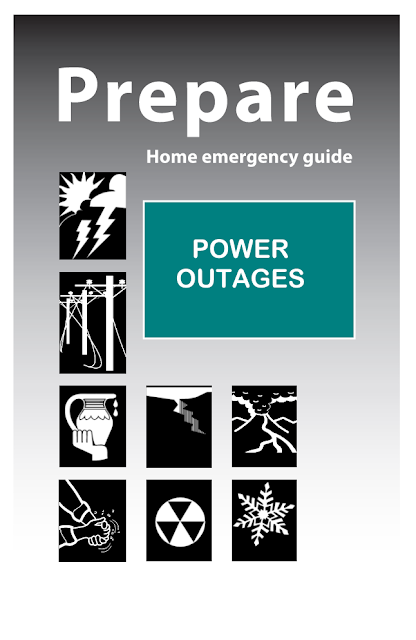Arcadia Stake Emergency Preparedness

Friday, September 22, 2023
Wednesday, September 20, 2023
Tuesday, September 19, 2023
FINANCIAL AND EMOTIONAL PREPAREDNESS
How to plan financially for a disaster

Whether an emergency is man-made, natural or health-related, here are five tips from the Church’s website for being financially prepared:
- Pay tithing and fast offerings first. The Lord has promised to open the windows of heaven and pour out great blessings upon those who pay tithes and offerings faithfully (see Isaiah 58:6–12; Malachi 3:10).
- Make a budget. A budget is simply a plan for how to use one’s money. Begin with income, and then build a plan for where that money goes, like savings, food, housing, transportation and so on.
- Adhere to the budget. It is OK if things don’t go perfectly. Learn from those moments to improve.
- Spend less money than income. This is key to financial stability. It may mean that individuals and families need to look at their expenses and decide where they should spend less. It could also mean that they need to look at ways to increase their income.
- Save and budget for unexpected expenses.
Plan to have a few months of money set aside in case of an emergency or
job loss. Planning for the unexpected can help people feel less
panicked when tough financial situations arise.
Monday, September 18, 2023
STAKE AND WARD EMERGENCY PREPAREDNESS PLANNING GUIDE
The Church has resources to prepare as Wards and as a Stake for possible emergencies. Check out the resource here.
Subscribe to:
Comments (Atom)













